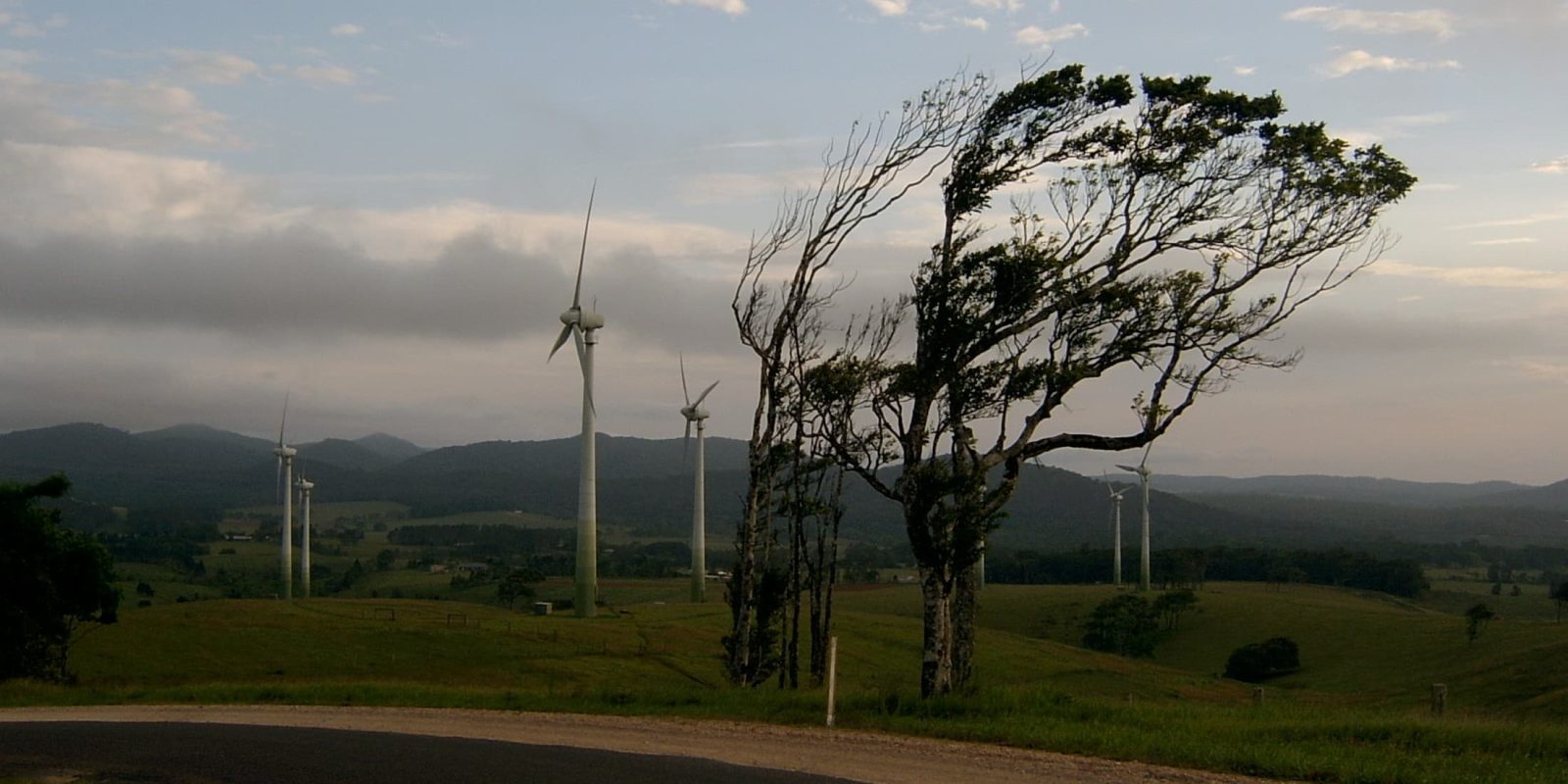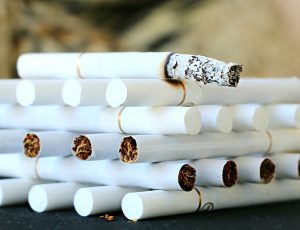Coal-dependent Queensland will build Australia’s largest state-owned wind farm

Queensland, which has the highest dependence on coal of any Australian state, has announced that it will spend AU $776 million (US $500 million) to build Australia’s largest publicly owned wind farm.
The post Coal-dependent Queensland will build Australia’s largest state-owned wind farm appeared first on Electrek.
Queensland, which has the highest dependence on coal of any Australian state, has announced that it will spend AU $776 million (US $500 million) to build Australia’s largest publicly owned wind farm.
The Tarong West wind farm will be sited in Ironpot, 30 kilometers (18.6 miles) southwest of Kingaroy, in the South Burnett Region. It’s within the Southern Queensland Renewable Energy Zone, which is one of three regions designated by the state to accelerate renewables projects.
The 500-megawatt project will feature up to 150 wind turbines and could generate enough clean electricity to power up to 230,000 homes.
The Queensland government has a $2 billion Renewable Energy and Hydrogen Jobs Fund, which will pay for the project. The state-owned Stanwell Corporation will build and manage Tarong West. The government wants approvals completed by 2024, and aims for the wind farm to be operational by 2026.
As the Sydney Morning Herald points out in a 2018 article, Stanwell Corporation was ranked No. 3 in the country for worst carbon emissions in Australia:
Stanwell Corp runs the Stanwell and Tarong coal-fired power station, accounting for nearly half of all of Queensland’s coal-fired generating capacity.
The Queensland government’s State of the Environment Report 2020 states:
In 2018, Queensland contributed more GHG emissions than any other Australian state and territory, responsible for 32% of the nation’s total of 537.4 [metric tons of carbon dioxide equivalent]. On a per capita basis, Queensland is the third highest emitting jurisdiction (34.3 tonnes of carbon dioxide equivalent (tCO2e) per person) behind the Northern Territory (64.7 tCO2e per person) and Western Australia (35.2 tCO2e per person) and above the national average (21.5 tCO2e per person).
Queensland, which is Australia’s second-largest and third-most populous state, has a population of 5.2 million. The state has a 50% clean energy target by 2030 and a 30% emissions reduction below 2005 levels target by 2030. The latter target is the weakest emissions reduction target of any Australian state.
The Queensland government website states:
Queensland has already achieved 20% of our renewable energy target by 2020.
We are almost two-thirds to reaching our 2030 emissions reduction target having reduced emissions by 19% since 2005 based on the latest 2020 data.
Jason Lyddieth, a Brisbane-based clean energy and climate campaigner at the Australian Conservation Foundation, told the Guardian:
Queensland is Australia’s highest emitting state and one of the biggest jurisdictions for per-capita emissions anywhere. Only Alberta in Canada and Qatar are worse.
The state is also going hell for leather with new mines and gas fields. The government needs to get serious and have a plan to get off fossil fuels.
Having a 2030 target of just 30% when the federal government has a 43% target is completely untenable.
Read more: Construction officially starts on the largest wind farm in Australia
Photo: Leonard Low, CC BY 2.0 https://creativecommons.org/licenses/by/2.0, via Wikimedia Commons
UnderstandSolar is a free service that links you to top-rated solar installers in your region for personalized solar estimates. Tesla now offers price matching, so it’s important to shop for the best quotes. Click here to learn more and get your quotes. — *ad.
FTC: We use income earning auto affiliate links.
Subscribe to Electrek on YouTube for exclusive videos and subscribe to the podcast.



